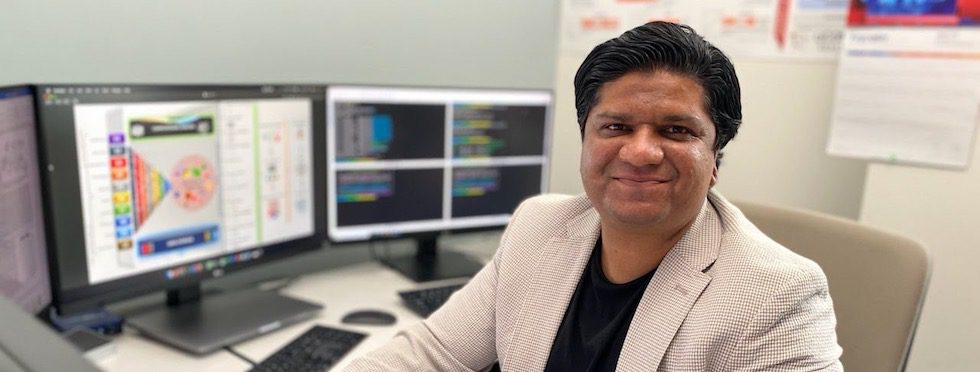

Precision medicine is a rapidly growing approach to health care that focuses on finding treatments and interventions that work for people based on their genetic makeup, rather than their symptoms.
Zeeshan Ahmed, director of the new Ahmed Lab at Rutgers Institute for Health, Health Care Policy and Aging Research, discusses the future of precision medicine, what needs to be done to successfully analyze the data necessary to develop individualized treatments and the role genetics play during the COVID-19 pandemic.
What new trends do you see emerging in precision medicine?
One emerging trend in precision medicine is the use of artificial intelligence and machine learning to improve the traditional symptom-driven practice of medicine, allowing earlier interventions using advanced diagnostics and tailoring better and economically personalized treatments.
Development of cutting-edge, new artificial intelligence and machine learning–based big data platforms has the potential to revolutionize the field of medicine and allow a high volume of data to be analyzed quickly. While this poses unprecedented challenges in data storage, processing, exchange, and curation, it will ultimately provide us with a better understanding of biology.
But we need to improve procedures for genetic testing in health care settings and integrate the study of genetic and metabolic makeup and function into the traditional health care process. We also need to develop prevention and therapeutic strategies and build a library of information about how to use genetics in health care.
Our lab will continue researching and developing useful analytic tools, modern technologies, and big databases in order to provide better personalized health care.